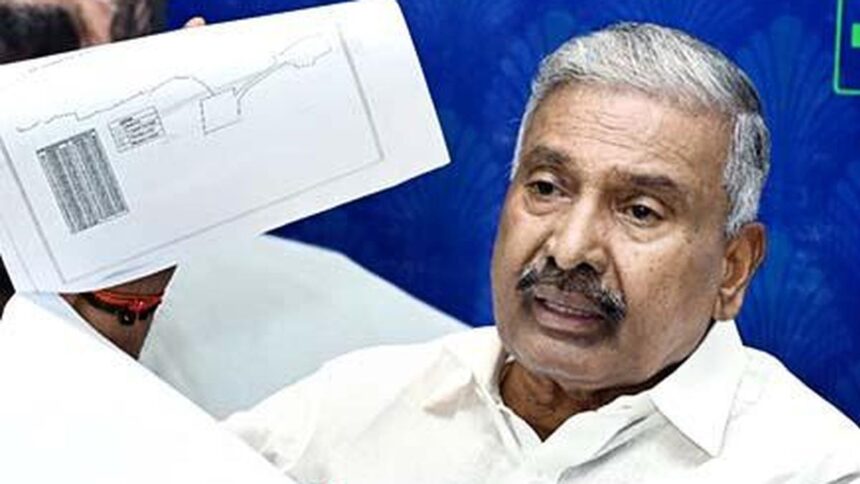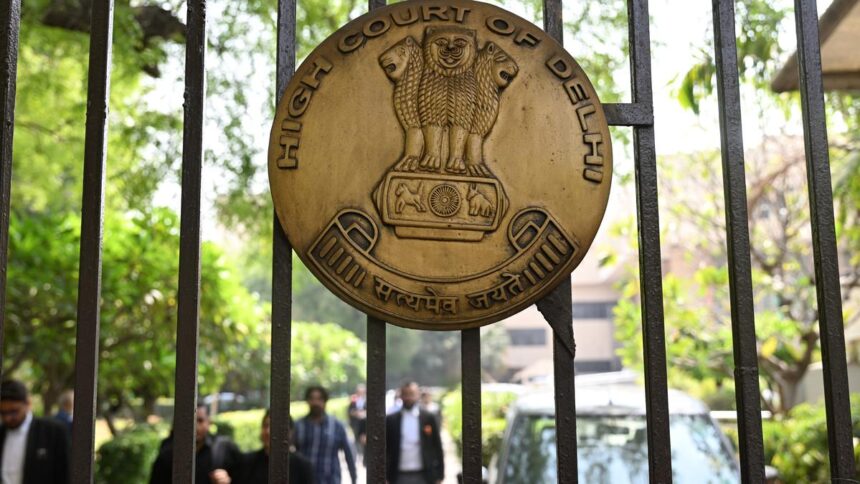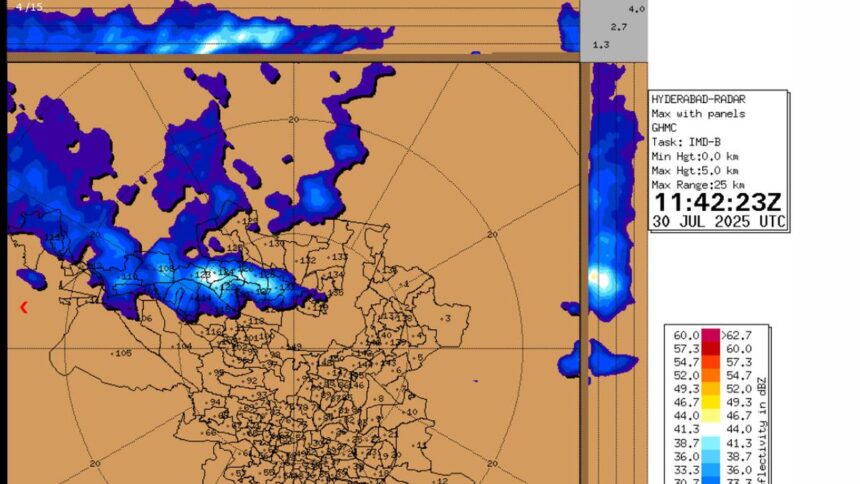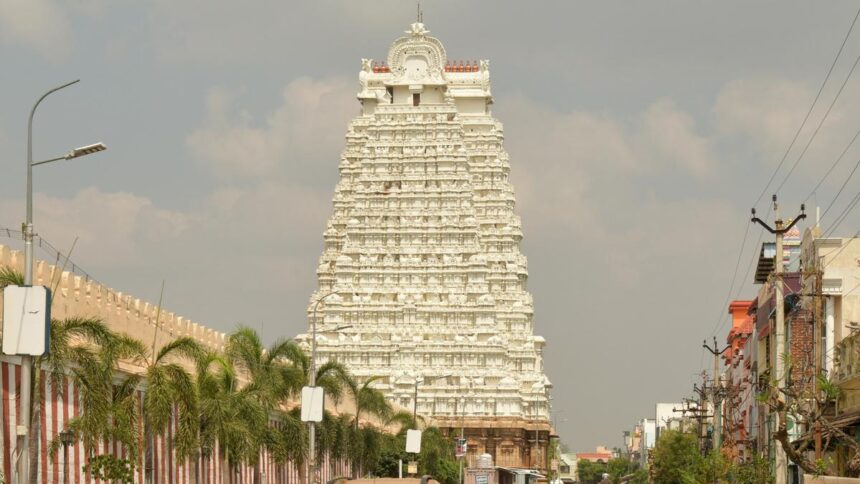Members and activists working for the Gender and Sexual Minorities (GSM) opined that seven years after the Supreme Court decriminalised parts of Section 377, little has changed for the community, especially among the poor, rural areas, and tier 2 cities.
The conclave titled, “From Criminals to Citizens: What has changed in the lives of Gender and Sexual Minorities (GSM) in the past seven years?”, held in Bengaluru on Saturday, was attended by several members of the community and many GSM activists from across the city.
“Even after seven years, the government has not taken any initiative to organise awareness programs regarding the Supreme Court Judgment on Section 377 of the Indian Penal Code. While this judgment has brought some changes in the lives of the wealthy and educated people in cities, it is unfortunate that it has not made any difference in the lives of the majority of community members, particularly the poor and rural people,” said Manohar Elavarthi, founder and executive director of Sangama, an NGO working in the space.
“We will continue to put pressure on the government to fulfill its responsibilities, ensure an environment where families can accept us, and pursue legal struggles to end the ongoing violence by the police and hooligans against the community,” he said.
Yuvraj, a GSM activist who identifies as bisexual, said, “It has been 8 years since the apex court decriminalised homosexuality, but the true freedom is far from sight on the ground with the absence of workplace dignity and abuse from police authorities even today.”
“Tier 2 cities face a lot more criticism and are falsely accused if brought under authoritative attention, but people still haven’t made attempts at going public in primitive regions,” added Manjunath, a GSM activist from Hassan.
Published – September 06, 2025 10:48 pm IST

















